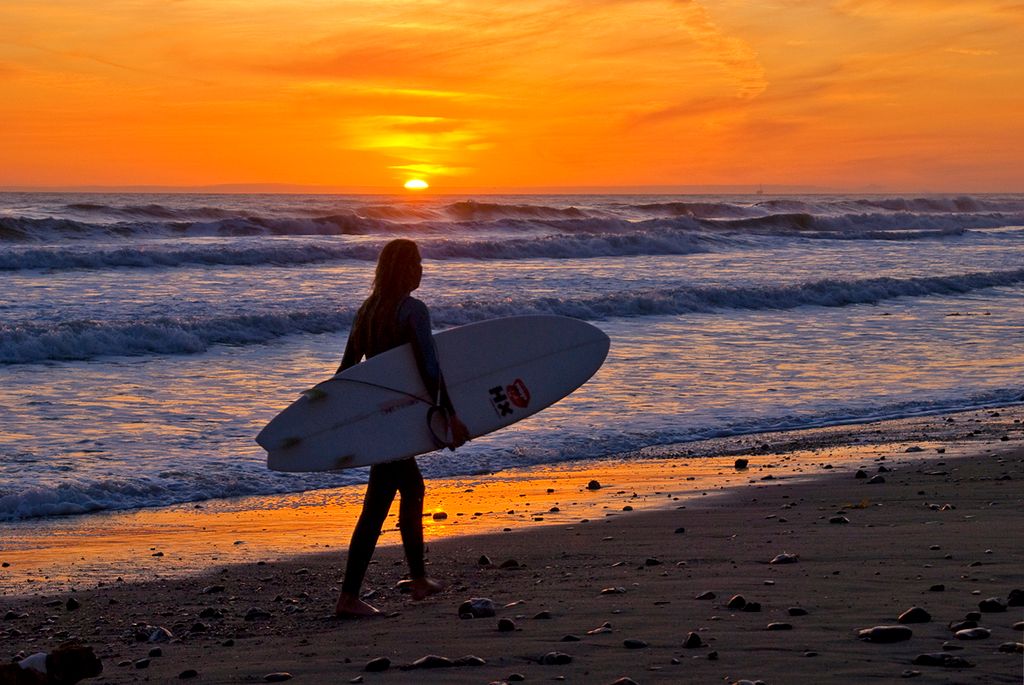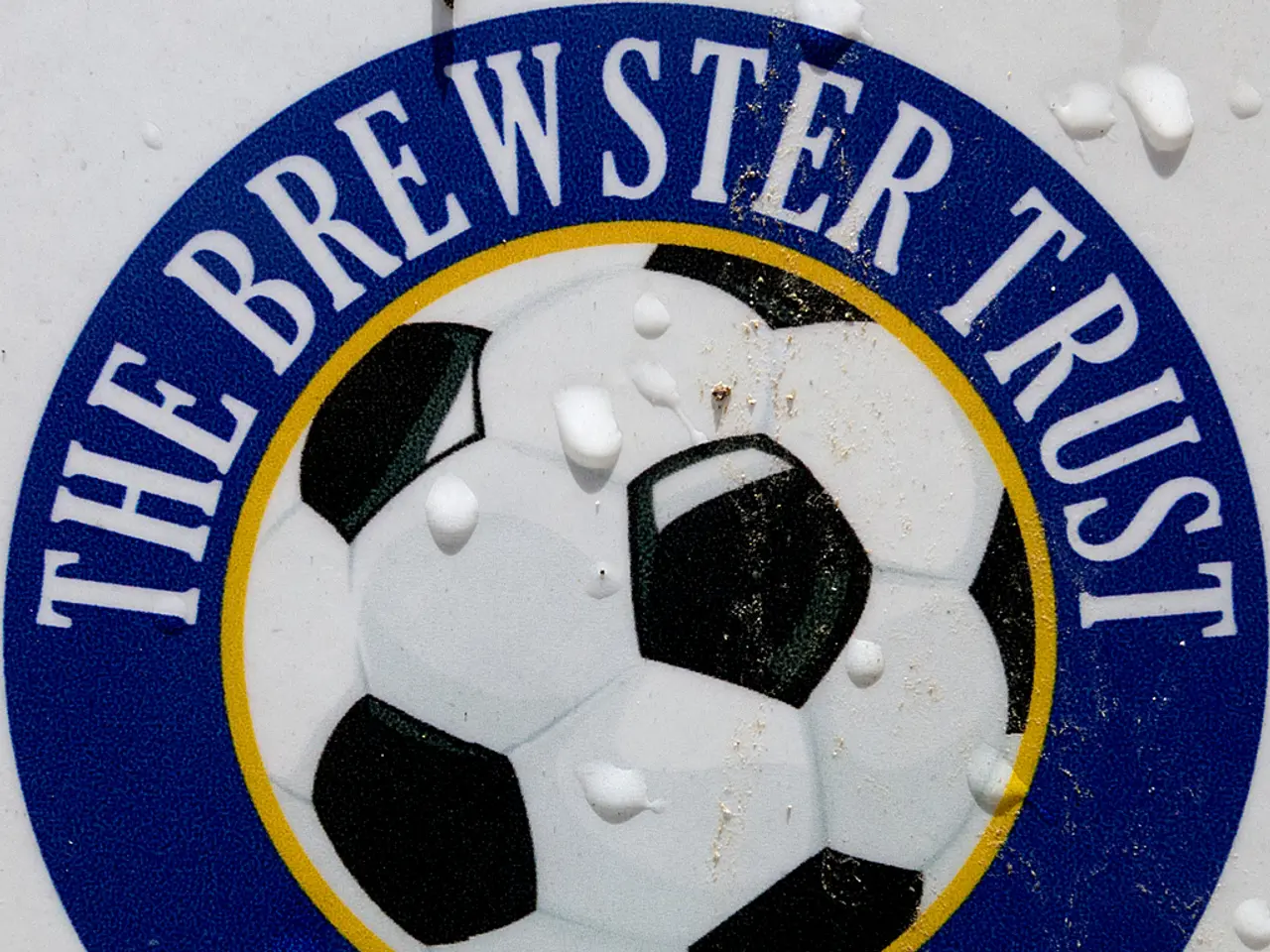Delving into the Realm of Independent Music Scenes
Indie Music: The Unstoppable Rise of Independent Music
Step aside, mainstream pop stars, because the indie lovin' is real! Indie music has taken the world by storm, and it's all thanks to these amazing factors that have shaped its evolution.
The Birth of Indie: The Punk Era
The indie scene was born in the lovely 70s with the punk movement leading the way. Bands like The Ramones and Sex Pistols brought raw music and a DIY attitude, inspiring musicians everywhere to create their tunes independently. One of the first instances of true indie music came with Buzzcocks' EP "Spiral Scratch" in 1977, released without the help of a major label.
The C86 Movement and Diversification
Fast forward to 1986 in the UK, where the C86 compilation cassette dropped, showcasing bands like Primal Scream and The Wedding Present. This pivotal moment highlighted the shambling indie genre, blending jangle pop and lo-fi sounds. In the U.S., bands like R.E.M., Hüsker Dü, and The Replacements helped shape the scene with their unique indie sound, even occasionally partnering with major labels.
The 90s and Beyond: Mainstream Recognition and Digital Evolution
By the 90s, indie bands like Sonic Youth and Pixies started making their way onto major label rosters, snagging wider recognition, and creating openings for future indie acts to break into the mainstream. Digital platforms, social media, and streaming services emerged as game-changers in the 2000s, democratizing music distribution and allowing indie artists to reach a global audience without traditional label support.
Breaking Barriers and Global Influence
The indie scene has become more diverse than ever, incorporating various influences from around the world to create a dynamic and vibrant musical landscape. In today's digital age, indie music represents a space redefining creativity, authenticity, and resilience.
So there you have it! Indie music isn't just a passing trend; it's the result of decades of experimentation, evolution, and a passion for creating something real and unapologetically unique. Embrace your love for indie and explore its rich history—who knows, you might even find your new favorite band!
If you're feeling crafty, check out our platform's tips on how to create a whimsical indie-inspired craft room that'll fuel your creative energy. Search for our DIY guide to an indie craft room to bring your space to life!
Reference(s):
- "Indie Music: A Brief History." Songcollab, songcollab.com
- "The History of Indie Music." Diffuser.fm, diffuser.fm
- "Indie Music's Golden Age: The 1980s." Stereogum, stereogum.com
- "Why the 1990s Were Indie Rock's True Golden Age." Paste, pastemagazine.com
- "Indie Music in the Digital Age." Music Tech Policy Law Blog, mtp.law.harvard.edu
- As the indie music scene grew in the 90s, it wasn't uncommon to see indie bands like Sonic Youth and Pixies producing groundbreaking music that captured the attention of major labels, paving the way for more independent artists to enter the entertainment industry.
- Today, the indie music genre continues to thrive, with digital platforms allowing a plethora of indie artists to share their unique sounds with the world, making it a dynamic and global force in the realm of music production.






